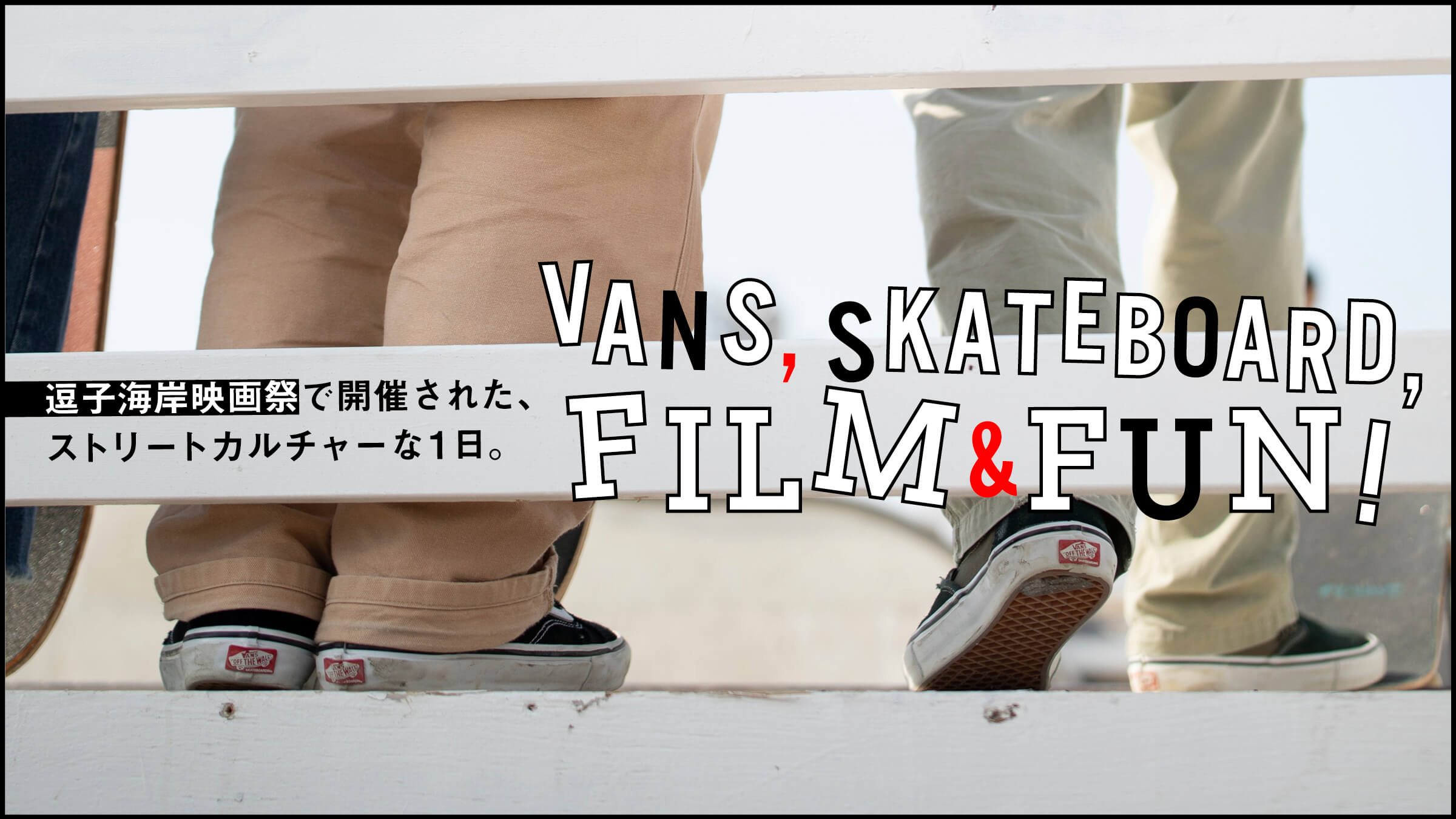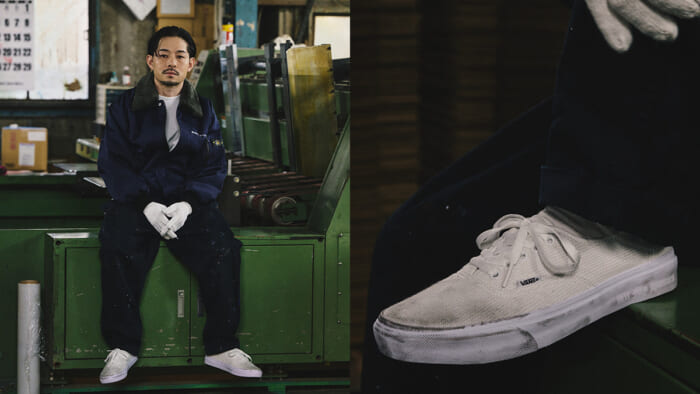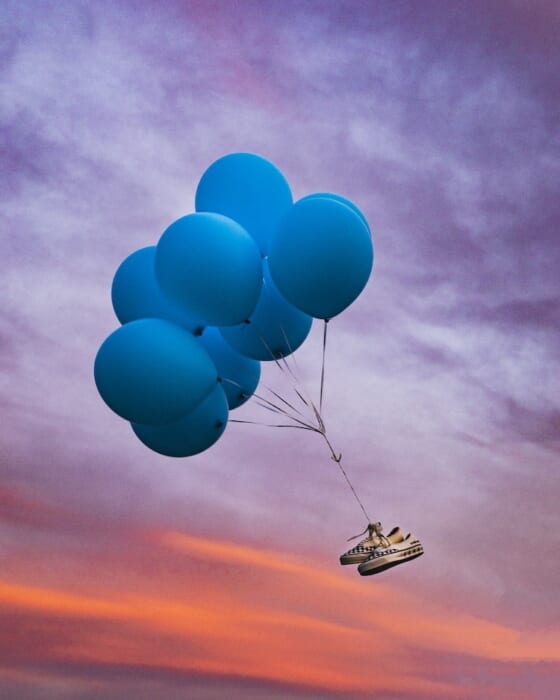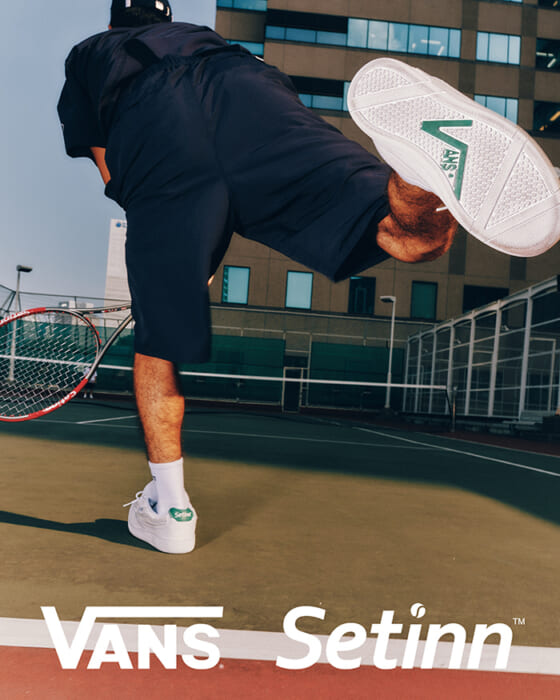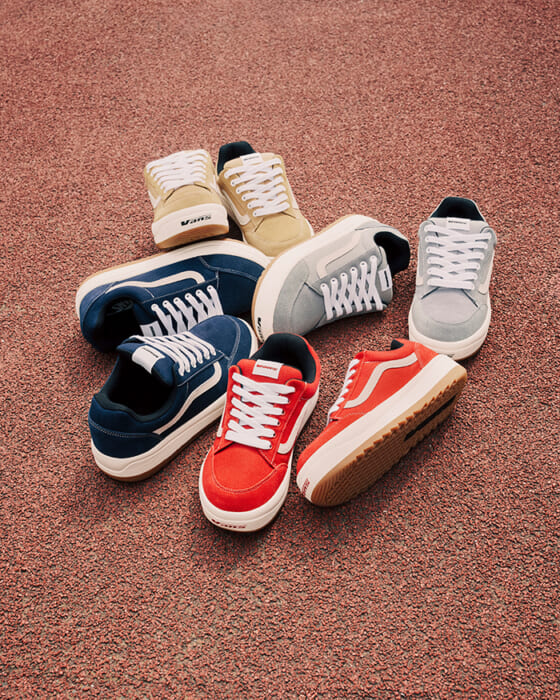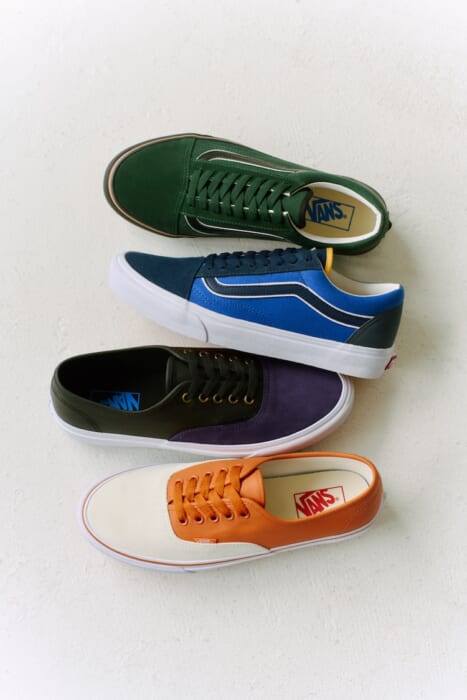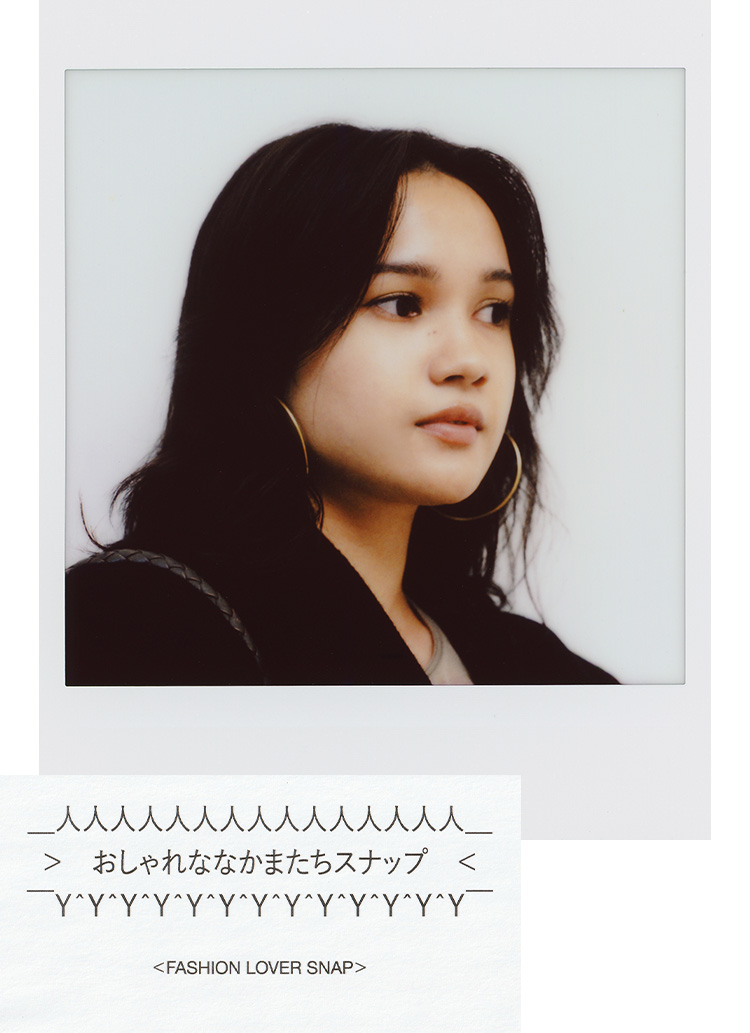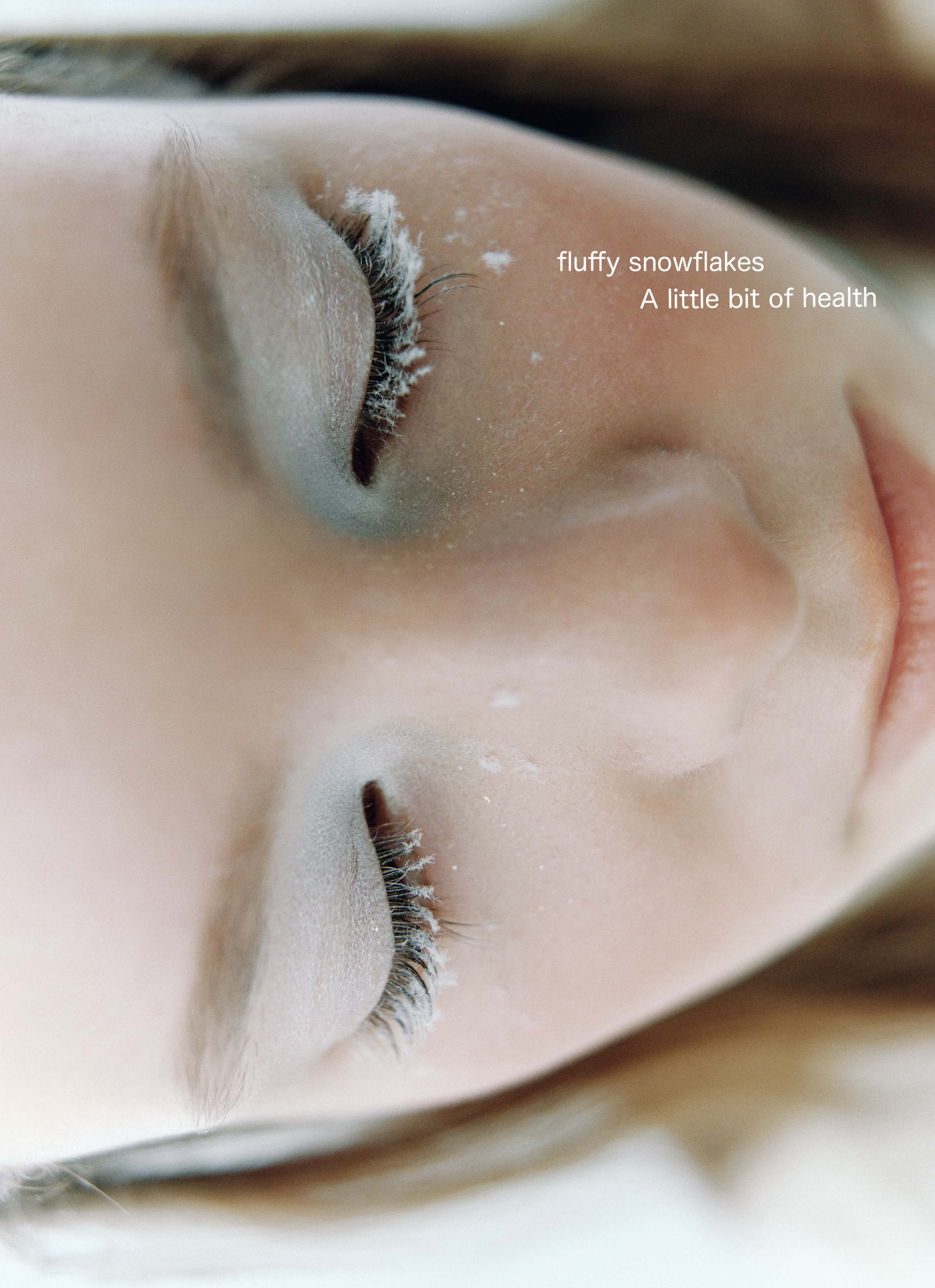Interview 1: Makoto Ishiwatari / Artist

He started his career as a contemporary artist, and now creates products using discarded skateboard decks under the name "core". Lives and works in Zushi.
Instagram : @_____core_____
HP :. www.c-o-r-e.cc
How did you get involved with the Zushi Beach Film Festival?
Ishiwatari:Since the 4th edition, we have been building skate ramps. By the way, today is called "Street Culture Day," but it used to be called "Skateboard Day. But when we had some problems in the city, it was decided that it would be too strict to display skateboards, so we changed the name to "Skateboard Day. I also produce the whole day.
Please tell us about your skateboarding history.
Ishiwatari:I have been riding since the third grade. People who live in Hayama and Kamakura are surfers, but there are really no waves around here, so somehow skateboarding culture has taken root. The nearby Undoko (No.1 Sports Park) has a cult following among skaters.
Is the lamp itself different every year?

Ishiwatari:That's right. It's always different because we build and dismantle it every time. This year, we put a microphone in the coping (the part of the rail that connects the platform to the rail) so that the sound would be heard at the venue. We also added effects to the sound to make it sound like a "shakin'" sound.
What do you think makes the Zushi Beach Film Festival unique?
Ishiwatari:I guess it's the strong horizontal connections. I do most of my work through local connections. This time was the first time in three years, so things were a bit sloppy (laughs). The setup was slower than usual. But I am happy that everyone who came to the event seemed happy.

Lastly, please tell us how comfortable the "Vans" you are wearing today are.
Ishiwatari:I actually bought these for today (laughs). I have a lot of other Vans shoes, but I like "Authentic. I like the flimsy, sloppy look. I want to wear them loosely.




